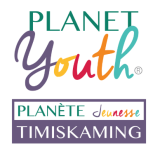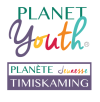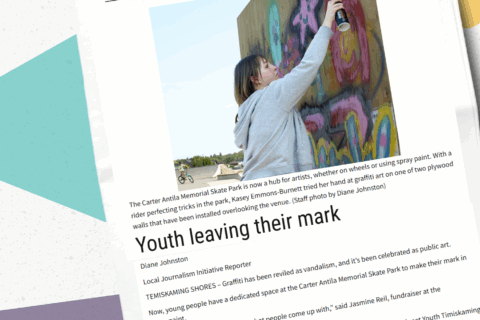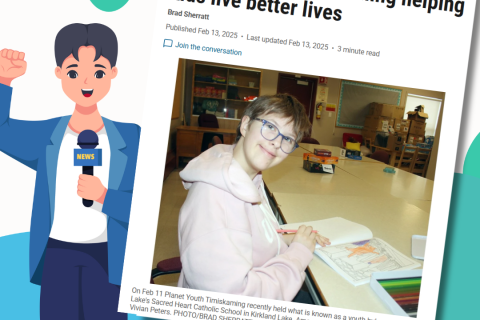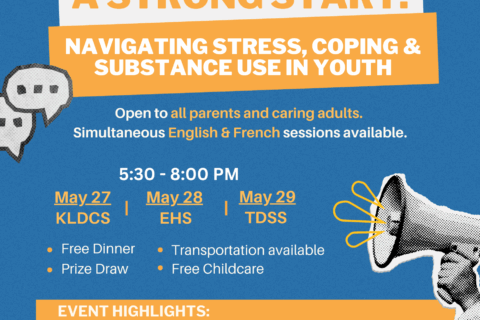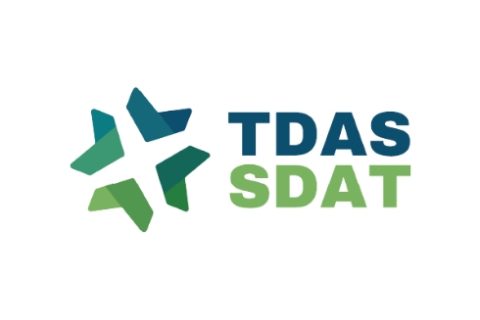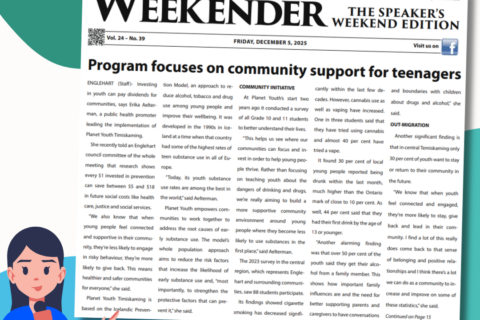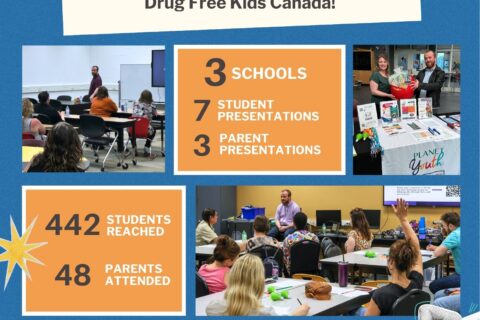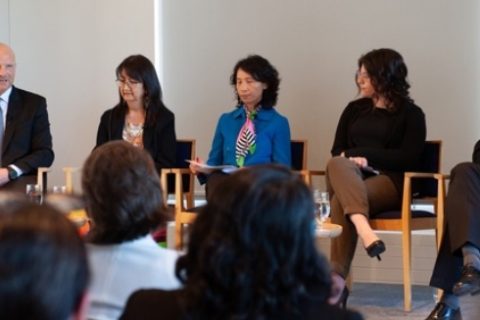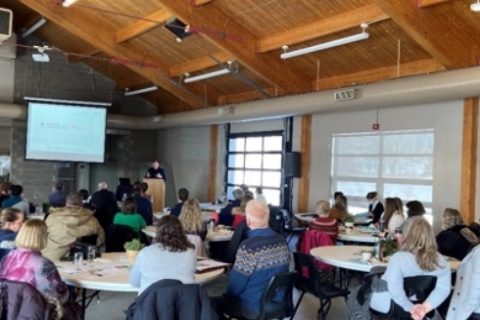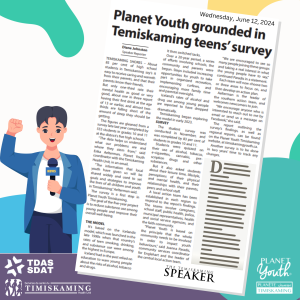
TEMISKAMING SHORES – About 85 per cent of high school students in Temiskaming say’s it easy to receive caring and warmth from their parents, and that their parents know their friends. But only one-third rate their mental health as good or very good, about one in three report having their first drink at the age
of 13 or earlier, and almost two-thirds are falling short of the amount of sleep they should be getting.
The figures are gleaned from a survey late last year completed by 555 students in grades 10 and 11
at the district’s five high schools. “The data helps us understand what our problems are and where they stem from,” said Erika Aelterman, Planet Youth coordinator with the Timiskaming Health Unit, in an email.
“The information that local youth have given us will be shared widely and used to set goals and strategies to improve the lives of all children and youth in Timiskaming,” Aelterman said.
The survey is a first step in Planet Youth Timiskaming.
The goal of the five-year project is to reduce substance use among young people and improve their overall well-being.
THE MODEL
It’s based on the Icelandic model, which was launched in the late 1990s when that country’s
rates of teen smoking, drinking, and substance use were among the highest in Europe.
Iceland had in the past relied on education to warn young people about the risks of alcohol, tobacco and drugs.
It then switched tacks.
Over a 20-year period, a series of efforts involving schools, the community and parents were begun. Steps included increasing opportunities for youth to take part in organized recreation, implementing curfews, and encouraging more family time and parental oversight.
Iceland’s rates of alcohol and drug use among young people are reported to have dropped dramatically.
Temiskaming began exploring the model in early 2023.
SURVEY
The student survey was conducted in November, and was completed by 83 per cent of students in grades 10 and 11.
Students were quizzed on their use of alcohol, tobacco, e-cigarettes, cannabis, prescription drugs and other substances.
But it also asked students about their leisure time, lifestyle, perceptions of their physical and mental health, and their relationships with their parents, peers and school staff.
A local action team has been established in each region to respond to the report’s findings. The teams involve caregivers, school staff, public health, police, municipal representatives, health and social service agencies, and the faith community.
“Planet Youth is based on the principle that the whole community needs to be involved in order to impact youth behaviours,” said Joanna Paradis, community services coordinator for Englehart and the leader of the central local action team.
“We are encouraged to see so many people joining these groups and taking a real interest in what the young people have to say,” continued Paradis in a statement.
Each team will now choose two or three areas to focus on, and then develop an action plan. Aelterman is the leader of the southern action team, and welcomes newcomers to join.
“We encourage anyone who is interested to reach out to me by email or send us a message on Facebook,” she said.
The report outlining the survey’s findings, as well as regional reports, can be found on the Planet Youth Timiskaming website, at timiskamingyouth.ca.
Another survey is to be done in two years’ time to track any changes.
